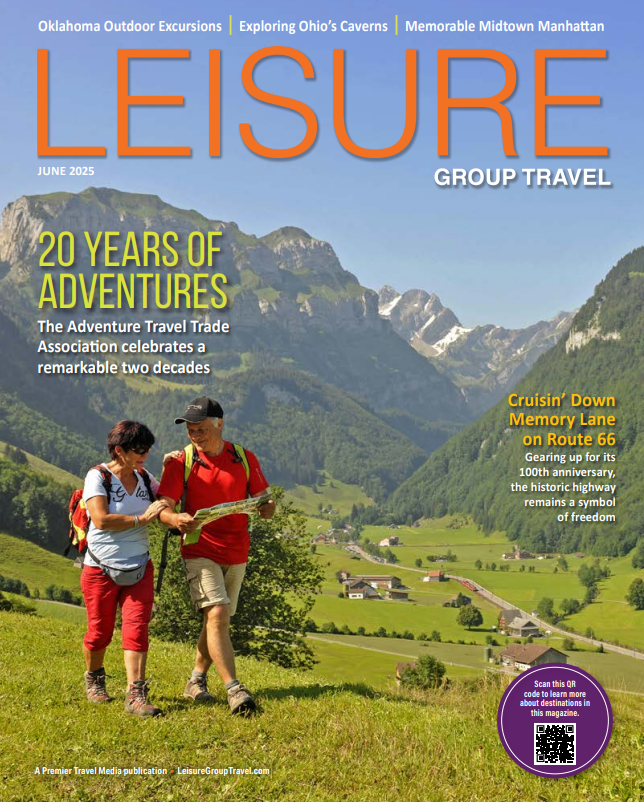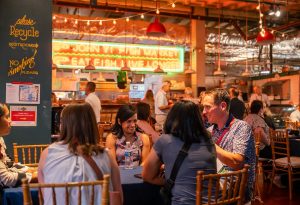The SMERFs, a hardy and growing bunch, are traveling in groups for Social, Military, Education, Religious, and Fraternity reasons, offering vast untapped potential for this regions developing and recovering travel markets.
Their reasons for traveling are as diverse as war and peace, study and learning, seeking their god or just to catch up with like-minded people, but what they have in common is a will to travel even if times get tough. They do not mind even gathering in non peak times if it will help keep the costs down.
Who are the SMERFS?
No relation to their cuddly blue namesakes of television fame, they are the resilient groups traveling to and around Asia in their millions for social, military, education or religious reasons, or as part of fraternity groups such as alumni, workplace re unions or special interest groups.
Abacus International President and CEO, Mr Don Birch says that despite being budget conscious, the SMERFs collectively form a huge market and have vast untapped potential for developing or recovering Asian travel markets.Abacus International estimates that the SMERF market across Hong Kong, Thailand and Singapore alone is worth US$1.7 billion a year, based on an accepted US formula that the SMERF market is equivalent to about one third of the total meetings, incentives, conferences and exhibitions (MICE) market.
Whereas their better-known cousins the MICE are serviced by specialist divisions within major hotel groups, travel agencies and dedicated Government programs, the SMERFS are often below the radar and therefore harder to measure. They are hardy and budget-conscious travellers which make them ideal for developing or recovering markets or as a complementary segment in peak markets, Mr Birch continued. The SMERFs helped sustain the US hotel and airline industry in the period following the 9/11 terrorist events, and have shown themselves to be very resilient in the face of international in the face of international events, Don Birch said. The SMERFs are part of a wider trend in the travel market towards more outcome-based travel for a purpose other than just to see things, and they






